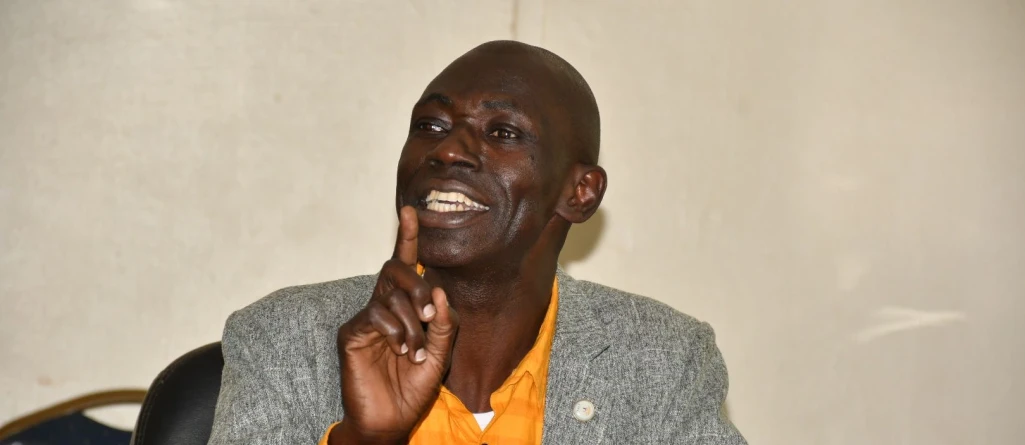The South Sudanese political players have been challenged to engage with each other with a view to ending the transitional period and observing the election timeline.
Speaking to Radio Tamazuj on Wednesday, the Executive Director for the Community Empowerment for Progress Organization (CEPO), Edmund Yakani, specifically highlighted the need for the parties to come clear on the end of the transitional period and the conduct of elections.
According to the National Election Act 2023, the Transitional Government must dissolve its executive and legislative bodies by September 22.
South Sudan’s National Election Commission (NEC) has announced a December 22 General Election as per Section 16 (1) of the National Election Act 2023. Despite the plans unveiled by NEC, the feasibility of the December poll — the first since the country gained independence in July 2011 — is increasingly in doubt.
Yakani has warned the Transitional Government to take urgent action to avert a constitutional crisis before September 22, saying that the government would face a legitimacy crisis if the peace parties do not reach a consensus before the end of the transitional period.
“If the parties are not ready to conduct elections by December 2024, there should be a political decision from the leadership by announcing another extension of the transitional period. For another extension to happen, an inter-party dialogue is supposed to take place so that they can decide on the way forward before September 22, which is connected to the election law,” he said.
Yakani said some political leaders in Juba were behind delays of the Tumaini Initiative talks in Kenya, which he said, could be an avenue for another extension of the transitional period.

“Some political leaders in the transitional government are afraid that the new peace initiative in Nairobi might affect their jobs and positions. There are those who want the Tumaini Initiative not to go parallel with the existing institutions and peace mechanisms,” he said.
The Tumaini Initiative, he said, can serve as the best avenue for a new transitional government and a new timeline that could lead to a General Election.
“I urge the President and the First Vice-President to keep away those politicians who don’t want the Tumaini Initiative to succeed so that the new peace initiative can serve as the chance to bring everyone on board during this transitional period,” he added.
Yakani said the Tumaini Initiative provides a foundation for the inclusion of the non-signatory groups with a view to sustaining peace, and should complement the implementation of the Revitalized Agreement, stressing that the Initiative should help to generate consensus.
“A unilateral decision by the Transitional Government to extend the tenure will not work. There is a need for an inclusive decision by the parties for another extension through the Tumaini Initiative that will lead to a clear plan for peace and stability in South Sudan. As a civil society activist, I don’t believe that Tumaini contradicts the 2018 Peace Agreement,” he said.
The 2018 Peace Agreement initially envisioned the Transitional Government ending in 2023. However, due to unmet key provisions, notably security arrangements, the timeline was extended to February 2025. Despite this, the National Elections Commission (NEC) has announced December 22, as the election date.
Observers say the situation remains precarious, with many obstacles to overcome before South Sudan can hold its first elections since gaining independence in 2011.




